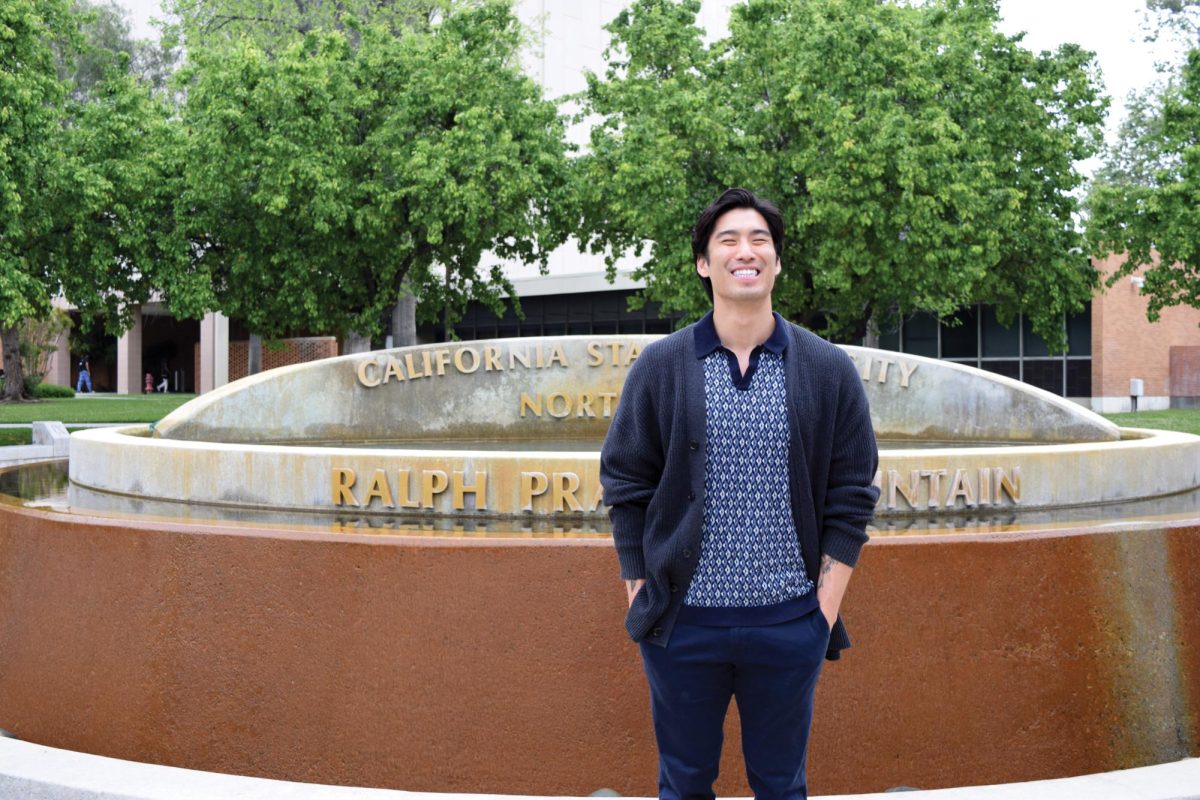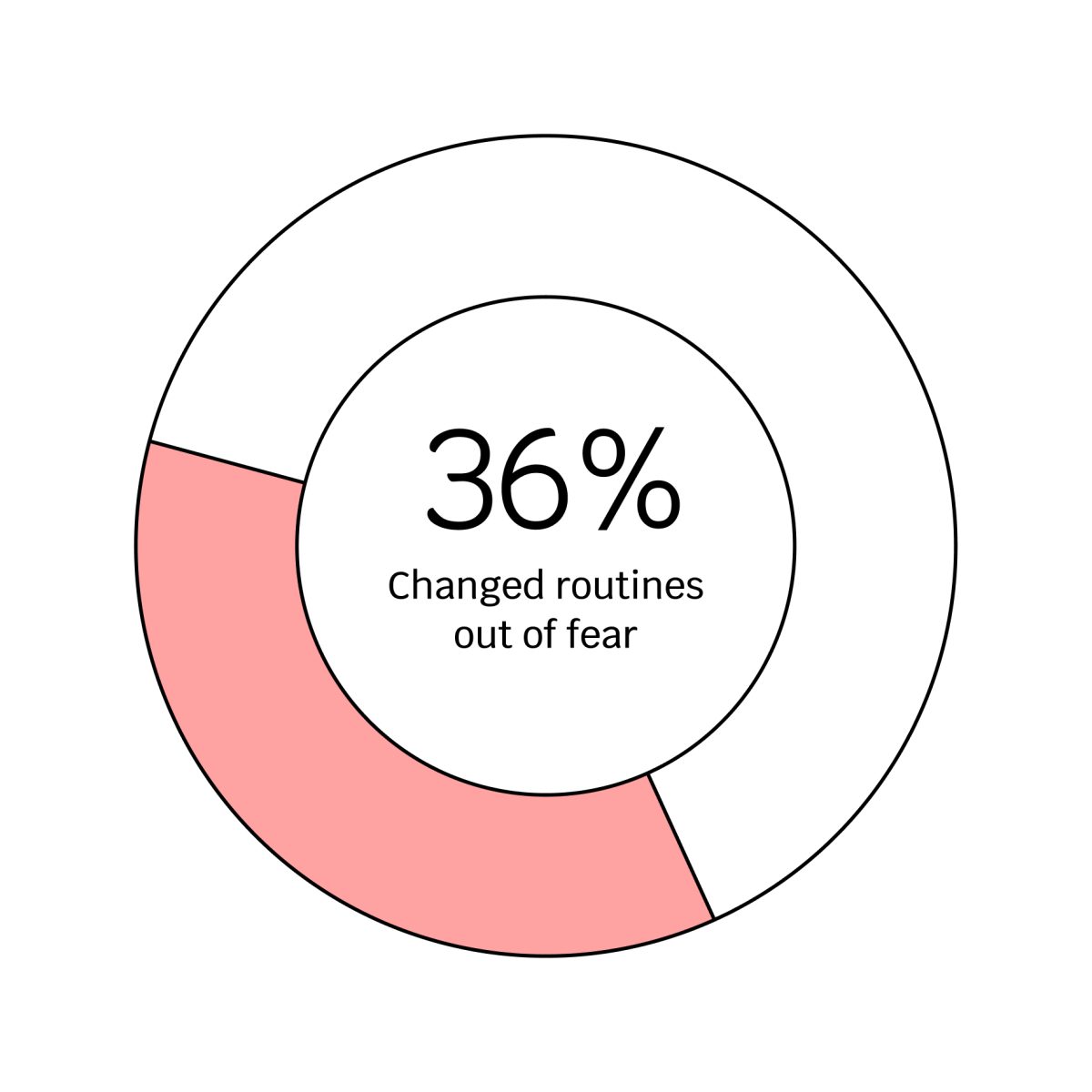Systemic poverty has and continues to dramatically impact people of color. Martha D. Escobar, a Chicana and Chicano studies professor at CSUN, understands society was intentionally designed to maintain wealth within the white upper class.
Escobar received her doctorate in ethnic studies from the University of California, San Diego. She is currently serving as the executive director of Project Rebound, a program that supports the reintegration and education of formerly incarcerated individuals.
“The books that I recommend are in relation to Black folks,” said Escobar. “Capitalism really developed in relation to slavery, and that’s the root.”
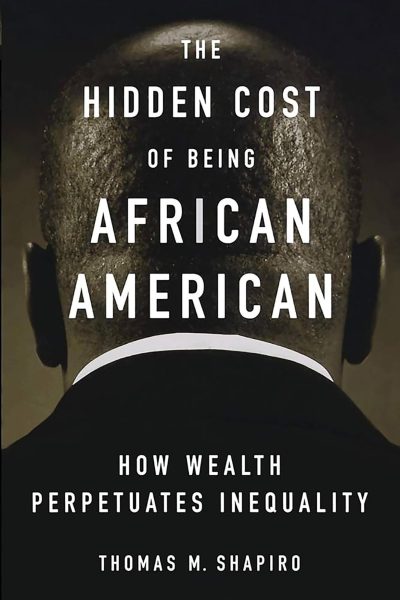 “The Hidden Cost of Being African American: How Wealth Perpetuates Inequality” by Thomas Shapiro
“The Hidden Cost of Being African American: How Wealth Perpetuates Inequality” by Thomas Shapiro
“The Hidden Cost of Being African American” analyzes the long-lasting effects systematic racism has on Black families. Shapiro explains that racial discrimination perpetuates the cycle of poverty, which allows racial inequality to persist. He further explains the correlation between generational wealth that white middle-class families hold and how the lack of this keeps oppressed groups in a cycle of low economic standing.
“It really shows how wealth, the accumulation of wealth, has been structured into society and racialized,” explained Escobar. “Really showing how economic inequality, especially gaps and wages have been racialized and how society has organized itself to ensure that is the case.”
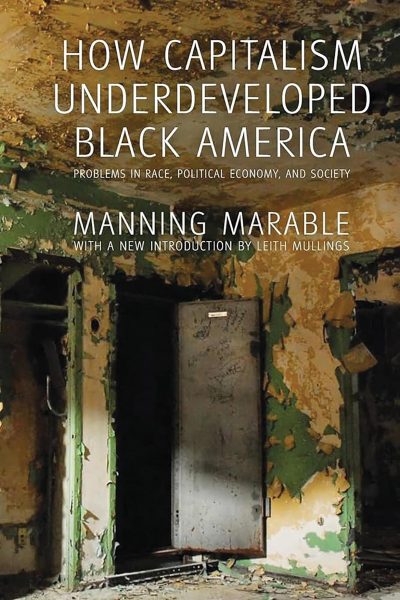 “How Capitalism Underdeveloped Black America: Problems in Race, Political Economy, and Society” by Manning Marable
“How Capitalism Underdeveloped Black America: Problems in Race, Political Economy, and Society” by Manning Marable
“How Capitalism Underdeveloped Black America” exposes the connection between capitalism and the discriminatory policies implemented to oppress Black communities in all segments of society. Marable explains that the criminal justice system was structured to racially discriminate against Black Americans leading to mass incarcerations and ultimately the lack of employment due to a criminal record. She concludes by stating that this cycle was deliberately created to ensure communities of Black Americans would not achieve real freedom.
“Looking at the relationship between capitalism and race and the way that society has structured itself,” explained Escobar. “One, in relation to anti-blackness, and two, has tied wealth to whiteness.”
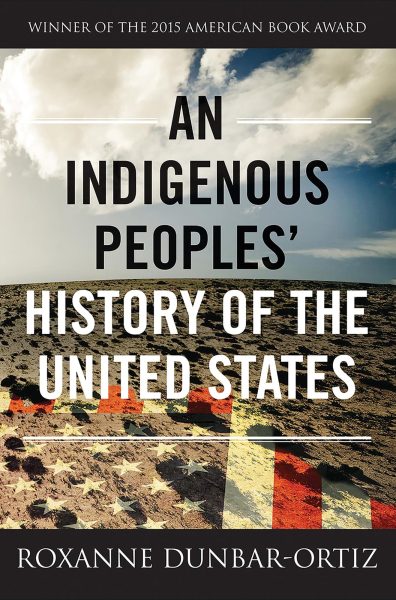
“An Indigenous Peoples’ History of the United States” by Roxanne Dunbar-Ortiz
“An Indigenous Peoples’ History of the United States” talks about the killing and displacement of Indigenous people. Dunbar-Ortiz directly condemns the American government and claims its principles and policies were founded on the blood and stolen land of Indigenous people to ensure power and dominance.
“The book is significant because it demonstrates the role of land displacement and genocide against Indigenous people for the nation, which became racialized as white, to build itself and the wealth that white folks have today,” explained Escobar.
Escobar concluded by emphasizing the correlation between the cycle of poverty and people of color who experience it.
“It is a very violent country. It is not an accident that we have such an unequal society financially, economically,” said Escobar. “We structured it and the structure has been very violent.”

